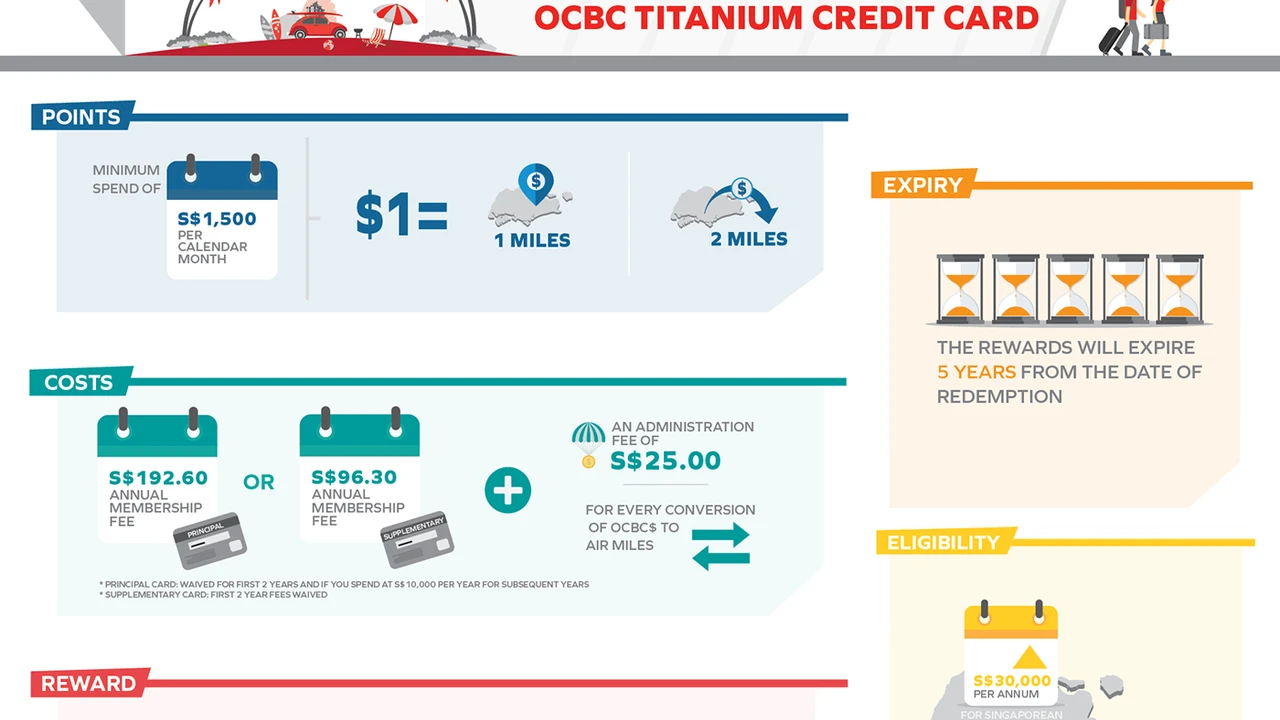Travel Insurance for Seniors: Finding the Right Policy

Understanding Travel Insurance for Seniors A Comprehensive Guide
Okay, so you're a senior, and you're planning a trip. Awesome! But before you pack your bags and dream of sunny beaches or historical sites, let's talk about something super important: travel insurance. It's not the most exciting topic, I know, but trust me, it can save you a lot of headaches (and money) down the road. This isn't just about ticking a box on your pre-travel checklist; it's about protecting your health, your finances, and your peace of mind while you're out exploring the world.
Travel insurance for seniors is a bit different than it is for younger folks. We've got a few more things to consider, like pre-existing medical conditions, potential mobility issues, and maybe a slightly higher risk of needing medical attention while traveling. Don't let that scare you off! It just means we need to be a little more strategic about choosing the right policy.
Why Seniors Need Travel Insurance More Than Ever Protecting Your Health and Finances
Think about it: medical care in a foreign country can be incredibly expensive. Even a minor injury or illness can lead to bills that run into the thousands of dollars. And your regular health insurance might not cover you overseas. Travel insurance can cover these costs, as well as things like emergency medical evacuation (which can be astronomically expensive), lost luggage, trip cancellations, and more.
Imagine you're on a cruise, and you slip and break your wrist. Without travel insurance, you're looking at paying for medical treatment onboard, potentially being airlifted to a hospital, and then dealing with follow-up care when you get home. With travel insurance, those costs could be covered, letting you focus on getting better instead of worrying about the bills.
Key Considerations for Senior Travel Insurance Pre-Existing Conditions and More
This is where it gets a little more complicated. Pre-existing conditions – things like heart disease, diabetes, or arthritis – can affect your travel insurance options. Some policies might exclude coverage for pre-existing conditions altogether, while others might offer coverage with certain limitations or waiting periods. It's crucial to be upfront about any medical conditions you have when you're shopping for insurance.
Many policies will require a medical questionnaire. Answer honestly! Trying to hide a pre-existing condition could invalidate your policy if you need to make a claim related to that condition. Look for policies that offer waivers for pre-existing conditions. These waivers typically require you to purchase the policy within a certain timeframe after booking your trip and to be medically fit to travel at the time of purchase.
Beyond pre-existing conditions, consider these factors:
* **Age limits:** Some policies have age restrictions. Make sure the policy covers seniors in your age bracket. * **Coverage limits:** How much will the policy pay out for medical expenses, trip cancellations, etc.? Make sure the limits are high enough to cover your potential needs. * **Deductibles:** How much will you have to pay out of pocket before the insurance kicks in? A lower deductible usually means a higher premium. * **Exclusions:** What isn't covered by the policy? Read the fine print carefully to understand any exclusions, such as adventure sports or certain types of medical treatments. * **Trip length:** Ensure the policy covers the entire duration of your trip. * **Destination:** Some policies are specific to certain regions or countries.Comparing Travel Insurance Policies for Seniors Finding the Best Value and Coverage
Don't just grab the first policy you see! Take the time to compare different options from different providers. Use online comparison tools to get quotes from multiple companies. Pay attention to the details of each policy and choose the one that best meets your individual needs and budget.
Here are a few things to look for when comparing policies:
* **Medical coverage:** Does it cover pre-existing conditions? What are the coverage limits? Does it include emergency medical evacuation? * **Trip cancellation/interruption coverage:** What reasons are covered for cancellation or interruption? Will you be reimbursed for non-refundable expenses? * **Baggage loss/delay coverage:** How much will you be reimbursed if your luggage is lost or delayed? * **24/7 assistance:** Does the policy offer 24/7 assistance in case of an emergency? * **Customer reviews:** What do other seniors say about their experience with the insurance company?Recommended Travel Insurance Products for Seniors Real Examples and Scenarios
Okay, let's get into some specific product recommendations. Keep in mind that these are just examples, and you should always do your own research to find the best policy for your unique needs.
* **Allianz Travel Insurance:** Allianz offers a range of travel insurance plans, including options for seniors with pre-existing conditions. Their "AllTrips Premier" plan is a popular choice, offering comprehensive coverage for medical expenses, trip cancellations, and more. They often run promotions, so keep an eye out for discounts. A single trip policy for a 70-year-old traveling to Europe for two weeks might cost around $200-$300, depending on the coverage limits and deductible. * **World Nomads:** While often marketed towards younger adventurers, World Nomads can be a good option for active seniors who plan on participating in outdoor activities like hiking or cycling. They offer coverage for adventure sports that are often excluded by other policies. Their "Explorer" plan provides higher coverage limits and includes more benefits than their "Standard" plan. The price for a similar trip as above might be slightly higher, around $250-$350. * **Travel Guard:** Travel Guard offers a variety of plans with different levels of coverage. Their "Deluxe" plan is a comprehensive option that includes coverage for pre-existing conditions (with certain requirements), trip cancellations, and medical expenses. They are known for their good customer service. A similar policy might cost in the range of $220-$320. * **MedjetAssist:** This is a membership program, not strictly insurance, but it's worth considering. MedjetAssist focuses on medical transport. If you become hospitalized while traveling, MedjetAssist will arrange for you to be transported to a hospital of your choice, regardless of medical necessity. This can be invaluable if you want to be treated at a specific hospital or by a specific doctor. Membership costs vary depending on age and duration of coverage.Understanding Policy Costs and Factors Affecting Premiums A Price Breakdown
The cost of travel insurance for seniors depends on a number of factors, including:
* **Age:** Older travelers generally pay higher premiums. * **Destination:** Travel to countries with high medical costs (like the United States) will typically result in higher premiums. * **Trip length:** Longer trips require more coverage and therefore cost more. * **Coverage limits:** Higher coverage limits mean higher premiums. * **Deductible:** Lower deductibles mean higher premiums. * **Pre-existing conditions:** Policies that cover pre-existing conditions will generally cost more.Don't just focus on the price! The cheapest policy isn't always the best. Make sure you're getting adequate coverage for your needs. Consider the deductible, the coverage limits, and the exclusions before making a decision.
Using Travel Insurance in Real-World Scenarios Examples and Case Studies
Let's look at a few real-world scenarios to illustrate how travel insurance can help:
* **Scenario 1: Trip Cancellation.** You've booked a cruise, but a week before your departure, you break your hip. With trip cancellation coverage, you can be reimbursed for your non-refundable cruise fare and other travel expenses. * **Scenario 2: Medical Emergency.** You're in Italy, and you develop a severe allergic reaction to something you ate. Your travel insurance can cover the cost of medical treatment, including a visit to the emergency room and any necessary medications. It can also arrange for medical evacuation if needed. * **Scenario 3: Lost Luggage.** Your luggage is lost on your flight to Hawaii. Your travel insurance can reimburse you for the cost of replacing essential items, such as clothing, toiletries, and medications. * **Scenario 4: Flight Delay.** Your flight is delayed for 24 hours due to bad weather. Your travel insurance can cover the cost of a hotel room and meals while you wait for your flight.Tips for Seniors When Purchasing Travel Insurance Making Informed Decisions
Here are a few tips to keep in mind when purchasing travel insurance:
* **Read the fine print carefully.** Understand the terms and conditions of the policy, including the coverage limits, exclusions, and deductibles. * **Be honest about your medical history.** Don't try to hide any pre-existing conditions. * **Shop around and compare policies.** Get quotes from multiple providers. * **Consider purchasing a policy with a waiver for pre-existing conditions.** * **Make sure the policy covers the entire duration of your trip.** * **Keep a copy of your policy with you while traveling.** * **Know how to file a claim.**The Future of Travel Insurance for Seniors Emerging Trends and Innovations
The travel insurance industry is constantly evolving, with new products and services being developed all the time. Some emerging trends include:
* **Personalized policies:** Insurance companies are using data analytics to create more personalized policies that are tailored to individual needs. * **Telemedicine:** Some policies now offer access to telemedicine services, allowing you to consult with a doctor remotely. * **Mobile apps:** Many insurance companies have mobile apps that allow you to manage your policy, file claims, and access 24/7 assistance. * **Coverage for pandemics:** More policies are now offering coverage for travel disruptions caused by pandemics.Staying Safe and Healthy While Traveling Tips for Seniors
Travel insurance is important, but it's also important to take steps to stay safe and healthy while traveling. Here are a few tips:
* **Talk to your doctor before you travel.** Get any necessary vaccinations and discuss any potential health concerns. * **Pack a first-aid kit.** * **Stay hydrated.** * **Be aware of your surroundings.** * **Avoid risky activities.** * **Get plenty of rest.** * **Wear comfortable shoes.** * **Protect yourself from the sun.** * **Wash your hands frequently.**Travel Insurance Claim Process for Seniors A Step-by-Step Guide
Knowing how to file a claim is just as important as having the insurance itself. Here’s a simplified step-by-step guide:
1. **Document Everything:** Keep all receipts, medical reports, police reports (if applicable), and any other relevant documentation. 2. **Contact Your Insurance Company:** As soon as possible, notify your insurance provider about the incident. Most companies have a 24/7 helpline. 3. **Complete the Claim Form:** Fill out the claim form accurately and provide all the necessary information. 4. **Submit Your Claim:** Send in your claim form along with all supporting documentation. 5. **Follow Up:** Keep track of your claim and follow up with the insurance company if you haven't heard back within a reasonable timeframe. This comprehensive guide should give you a solid foundation for understanding travel insurance for seniors. Safe travels!:max_bytes(150000):strip_icc()/277019-baked-pork-chops-with-cream-of-mushroom-soup-DDMFS-beauty-4x3-BG-7505-5762b731cf30447d9cbbbbbf387beafa.jpg)






